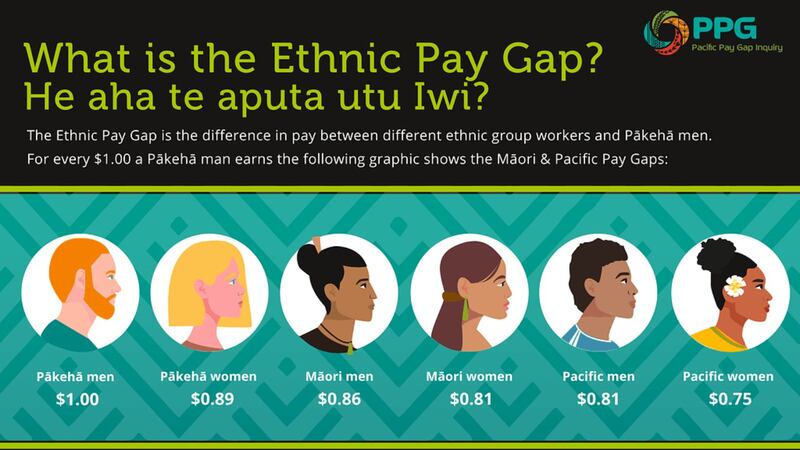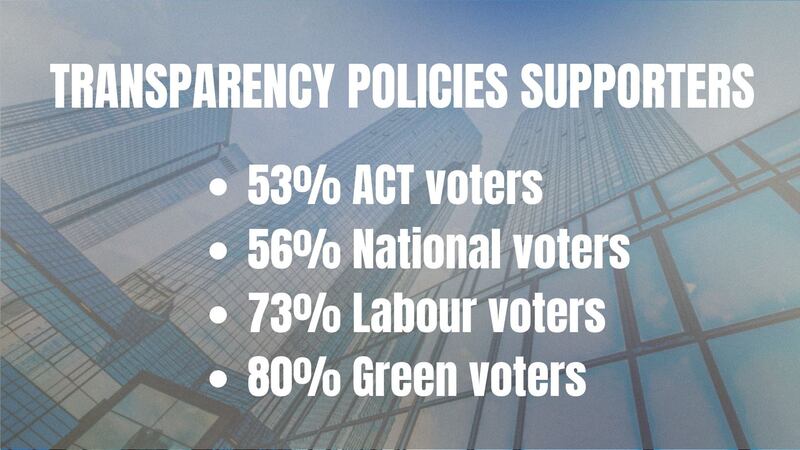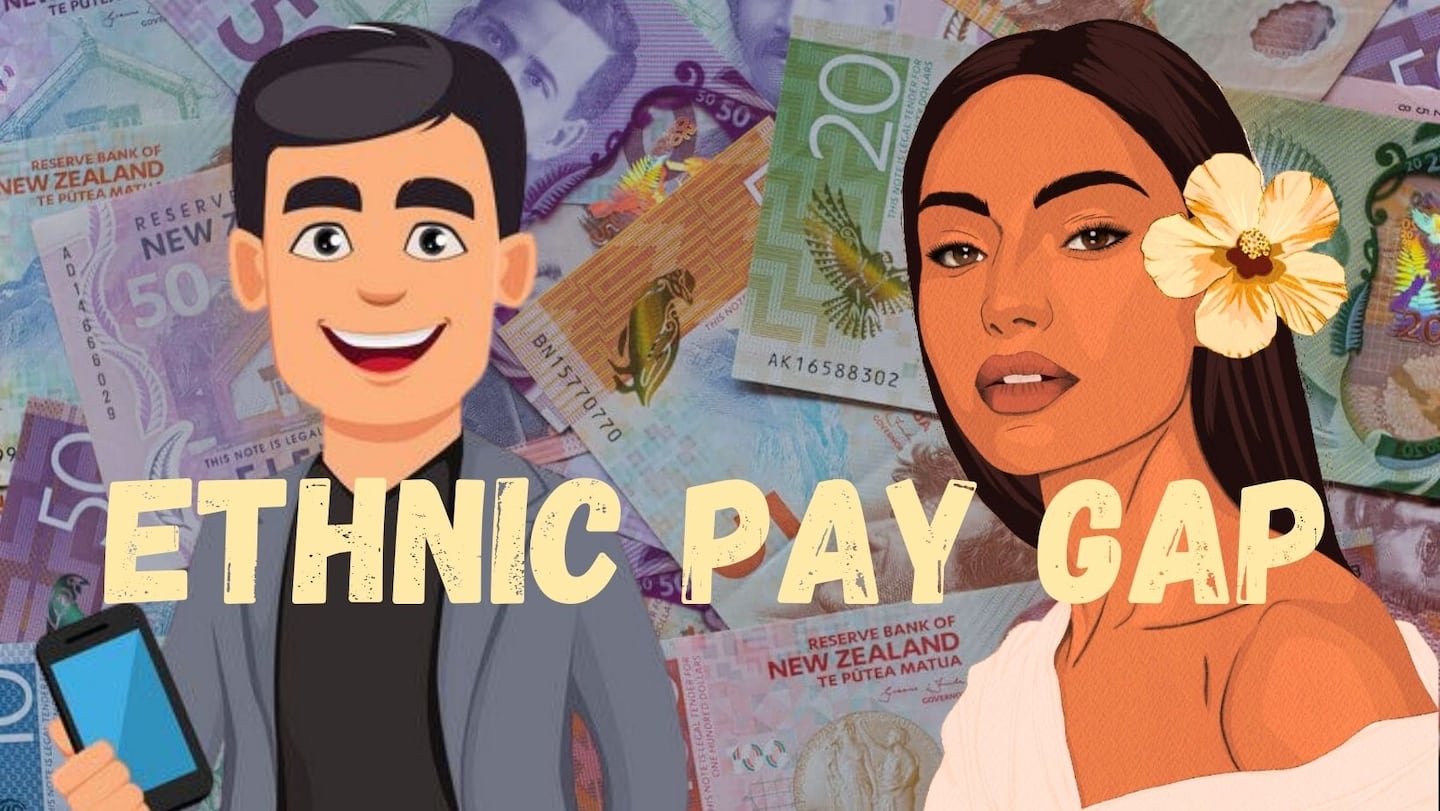Government plans to make businesses reveal their gender pay gaps are getting a disappointed response from Pacific communities.
Diversity, Inclusion and Ethnic Communities Minister Priyanca Radhakrishnan announced earlier this month that the government would adopt a mandatory gender pay gap reporting system.
But New Zealand’s Equal Pay Act, known for enabling comparisons of gender-based wages, is now facing criticism for its lack of attention to ethnicity, such as the almost 400,000 Pacific Islanders in New Zealand.

University of Auckland social sciences senior lecturer Dr Sereana Naepi emphasises the need for broader action: “We need to push our bosses, we need to push our government.
“We need to say ‘we really like your gender pay gap legislation, we really appreciate this, and we’d really love it if you pushed the ethnic pay gap too’.
“They do it in the Public Services Commission - they look at gender and ethnic pay gaps. The frameworks are there internationally, and the frameworks are there nationally, so let’s make it happen because our communities deserve better.”
The Pacific Pay Gap Campaign shows Pacific individuals earn up to 25c less than Pākehā men for every $1, even when their job titles are identical.
Initially, the new law will apply to businesses with 250 or more employees, which will be required to report their gender pay gap.
After four years or four reporting cycles, this requirement will be extended to those with 100 or more employees.

Naepi stresses explanations based on stereotypes don’t fully explain the situation: “Often the critique around the pay gap is that people will come back and be like ‘Oh nah, it’s because Pacific people all work in factories’, which is racist because we don’t all work in factories or ‘Pacific people don’t have enough education’.
“But when you look at the data, our pay gap is not explained in its entirety by occupation, education, or role.”
Support from major companies like SkyCity and ANZ is strengthening the Pacific pay gap campaign.
A proposal has been submitted to the government, urging mandatory collection of data to address this concern.



